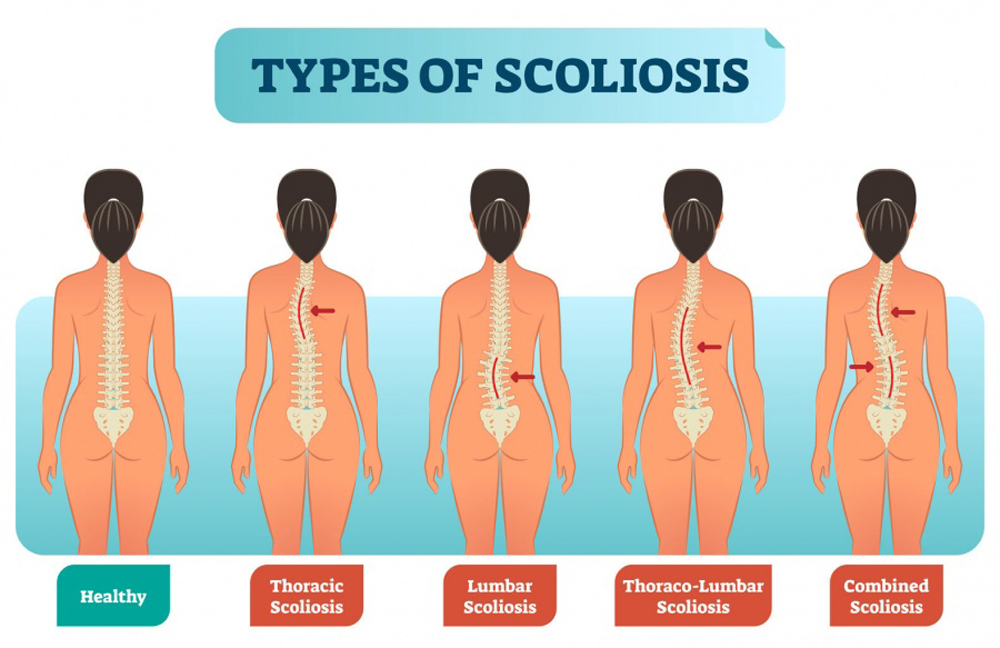Source University of Exeter
Vitamin D deficiency is associated with a substantially increased risk of dementia and Alzheimer’s disease in older people, according to the most robust study of its kind ever conducted.
An international team, led by Dr David Llewellyn at the University of Exeter Medical School, found that study participants who were severely Vitamin D deficient were more than twice as likely to develop dementia and Alzheimer’s disease.
The team studied elderly Americans who took part in the Cardiovascular Health Study. They discovered that adults in the study who were moderately deficient in vitamin D had a 53 per cent increased risk of developing dementia of any kind, and the risk increased to 125 per cent in those who were severely deficient.
Similar results were recorded for Alzheimer’s disease, with the moderately deficient group 69 per cent more likely to develop this type of dementia, jumping to a 122 per cent increased risk for those severely deficient.
The study was part-funded by the Alzheimer’s Association, and is published in August 6 2014 online issue of Neurology, the medical journal of the American Academy of Neurology. It looked at 1,658 adults aged 65 and over, who were able to walk unaided and were free from dementia, cardiovascular disease and stroke at the start of the study. The participants were then followed for six years to investigate who went on to develop Alzheimer’s disease and other forms of dementia.
Dr Llewellyn said: “We expected to find an association between low Vitamin D levels and the risk of dementia and Alzheimer’s disease, but the results were surprising – we actually found that the association was twice as strong as we anticipated.


When coupled with the fact that 71% of Pregnant Moms Are Deficient in Vitamin D, this makes me nervous.
http://www.chiro.org/nutrition/ABSTRACTS/Maternal_Vitamin_D_Status.shtml